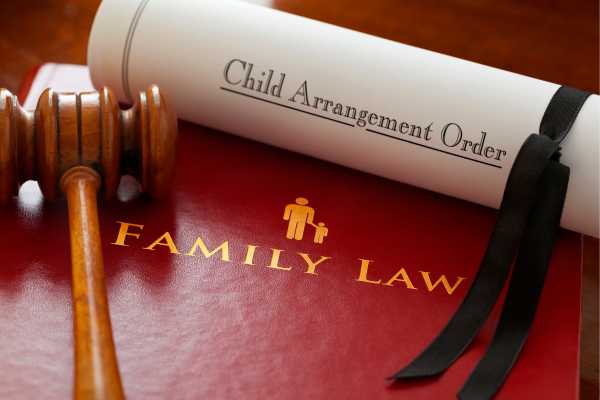Legal Aid Mediation
With Legal Aid Mediation , parties can receive financial assistance to cover the costs of mediation service, such as the mediator’s fees and other related expenses.

With Legal Aid Mediation , parties can receive financial assistance to cover the costs of mediation service, such as the mediator’s fees and other related expenses.

MIAMS can help parties in a dispute to access Legal Aid. Legal aid is a scheme that provides financial assistance to individuals who cannot afford to pay for legal services. MIAMS can help parties in a dispute to understand if they are eligible for legal aid and can provide guidance on how to apply for it to help with the cost of mediation.
MIAMS can also help parties in a dispute discuss child arrangements from their first mediation session. The family mediator will be able to discuss a parenting plan and child arrangements during the assessment process and share how mediation can resolve your disputes with your ex partner.
What is a MIAM?
A MIAM is a Mediation Information and Assessment Meeting. These meetings are the first step in the mediation process and are a requirement in many cases before parties can apply to court. A MIAM provides a platform where parties can discuss their disputes with a trained mediator who can offer guidance on the mediation process and other available options.
How can we help with Mediation?
We can help parties in a dispute by providing them with a neutral third party mediator who can facilitate the mediation process. The mediator can help parties identify issues, understand each other’s point of view, and find common ground. Mediation can help parties in a dispute find a resolution that is mutually acceptable and can help them avoid the expense and stress of going to court.
We can also help parties in a dispute to prepare for mediation. The mediator can explain the mediation process, including what to expect and how to prepare. The mediator can also provide guidance on how to communicate effectively during mediation and can help parties understand how to negotiate effectively to reach a resolution.
Using MIAMS has several benefits. First, we can help parties in a dispute to find a resolution that is mutually acceptable. Mediation can help parties avoid the expense and stress of going to court, and can also help parties maintain relationships after the dispute is resolved.
Second, using MIAMS can be cost-effective. Mediation sessions are often less expensive than going to court, and MIAMS can help parties in a dispute find a resolution that is mutually acceptable and cost-effective.
Third, using MIAMS can be efficient. Mediation can be faster than going to court, and we can help parties in a dispute find a resolution quickly.
MIAMS can help you access financial support for family mediation such as the legal aid and the family mediation voucher scheme and Legal Aid. Support is available to provide financial assistance to parties who cannot afford to pay for legal services. Our team can help parties in a dispute understand their legal aid eligibility and can provide guidance on how to apply for it.

Mediation can be a cost-effective and efficient alternative to going to court. MIAMS can help parties in a dispute by providing them with a neutral third party mediator who can facilitate the mediation process. MIAMS can also help parties in a dispute access legal aid and find a solicitor who can provide legal advice and representation during the mediation process. Using MIAMS has several benefits, including finding a resolution that is mutually acceptable, cost-effective, efficient, and can help parties access legal aid from your first mediation meeting. Speak to our team or EMAIL us today.
General information about Mediation, Please click the links below to find out more info:
Family’s are deeply affected by divorce or separation, especially when there are children in the family. Often these painful situations can be helped with the supportof a mediator who will hold a Mediation Information Assessment Meeting or MIAM. A MIAM can guide communication and set the tone for the goals of mediation.
When attending a court proceeding on the matter, the family will need to present an FM1 (Family Mediation 1 form) which confirms that a MIAM has been held.
As of April 2014, significant changes were made to the judicial system regarding separation and divorces, particularly where children were involved. These changes ensure that the welfare of the children is paramount, with minimal impact on the children and as little negativity as possible. One of the major changes was a requirement for a mediation session or MIAM to be attended before any court proceedings to do with financial or custody matters (hence the need for a FM1 to be produced).
If the split is acrimonious and both parties find it difficult to be in the same room, as would happen with face to face mediation, it is possible to ask for shuttle mediation.
Shuttle sessions happen when the two parties are seated in separate rooms either virtually or physically and the mediator shuttles between the two, discussing issues and offering solutions.
Shuttle mediation is often a good solution with distance between the parties allowing for rational and reasoned thinking.
[MIAMS Mediators can also help with will disputes: resolving issues between and coming to an acceptable compromise to the conflict that arises as a result of separation.